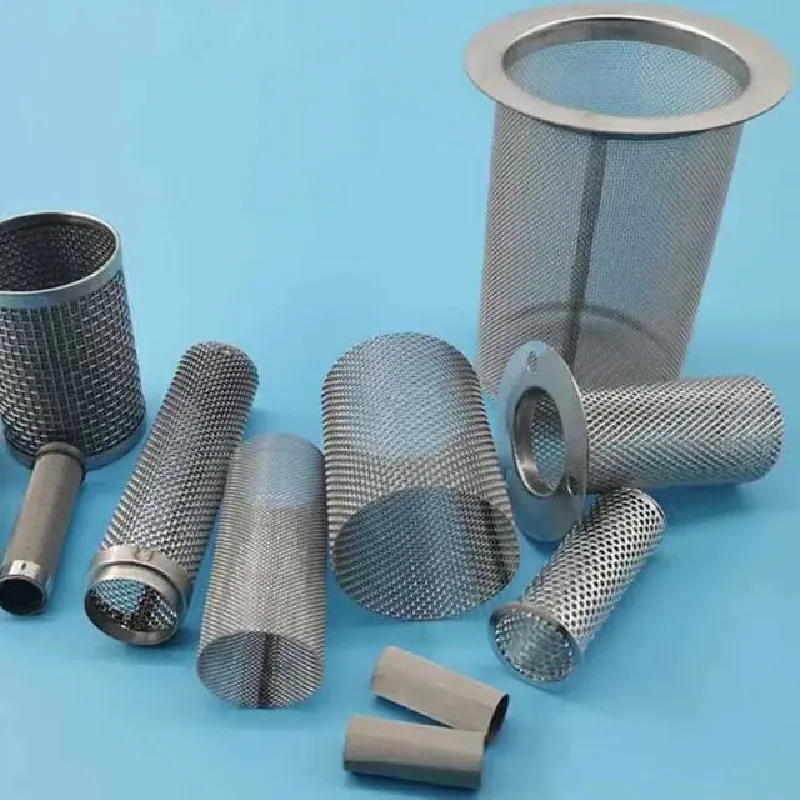-
 Afrikaans
Afrikaans -
 Albanian
Albanian -
 Amharic
Amharic -
 Arabic
Arabic -
 Armenian
Armenian -
 Azerbaijani
Azerbaijani -
 Basque
Basque -
 Belarusian
Belarusian -
 Bengali
Bengali -
 Bosnian
Bosnian -
 Bulgarian
Bulgarian -
 Catalan
Catalan -
 Cebuano
Cebuano -
 China
China -
 Corsican
Corsican -
 Croatian
Croatian -
 Czech
Czech -
 Danish
Danish -
 Dutch
Dutch -
 English
English -
 Esperanto
Esperanto -
 Estonian
Estonian -
 Finnish
Finnish -
 French
French -
 Frisian
Frisian -
 Galician
Galician -
 Georgian
Georgian -
 German
German -
 Greek
Greek -
 Gujarati
Gujarati -
 Haitian Creole
Haitian Creole -
 hausa
hausa -
 hawaiian
hawaiian -
 Hebrew
Hebrew -
 Hindi
Hindi -
 Miao
Miao -
 Hungarian
Hungarian -
 Icelandic
Icelandic -
 igbo
igbo -
 Indonesian
Indonesian -
 irish
irish -
 Italian
Italian -
 Japanese
Japanese -
 Javanese
Javanese -
 Kannada
Kannada -
 kazakh
kazakh -
 Khmer
Khmer -
 Rwandese
Rwandese -
 Korean
Korean -
 Kurdish
Kurdish -
 Kyrgyz
Kyrgyz -
 Lao
Lao -
 Latin
Latin -
 Latvian
Latvian -
 Lithuanian
Lithuanian -
 Luxembourgish
Luxembourgish -
 Macedonian
Macedonian -
 Malgashi
Malgashi -
 Malay
Malay -
 Malayalam
Malayalam -
 Maltese
Maltese -
 Maori
Maori -
 Marathi
Marathi -
 Mongolian
Mongolian -
 Myanmar
Myanmar -
 Nepali
Nepali -
 Norwegian
Norwegian -
 Norwegian
Norwegian -
 Occitan
Occitan -
 Pashto
Pashto -
 Persian
Persian -
 Polish
Polish -
 Portuguese
Portuguese -
 Punjabi
Punjabi -
 Romanian
Romanian -
 Russian
Russian -
 Samoan
Samoan -
 Scottish Gaelic
Scottish Gaelic -
 Serbian
Serbian -
 Sesotho
Sesotho -
 Shona
Shona -
 Sindhi
Sindhi -
 Sinhala
Sinhala -
 Slovak
Slovak -
 Slovenian
Slovenian -
 Somali
Somali -
 Spanish
Spanish -
 Sundanese
Sundanese -
 Swahili
Swahili -
 Swedish
Swedish -
 Tagalog
Tagalog -
 Tajik
Tajik -
 Tamil
Tamil -
 Tatar
Tatar -
 Telugu
Telugu -
 Thai
Thai -
 Turkish
Turkish -
 Turkmen
Turkmen -
 Ukrainian
Ukrainian -
 Urdu
Urdu -
 Uighur
Uighur -
 Uzbek
Uzbek -
 Vietnamese
Vietnamese -
 Welsh
Welsh -
 Bantu
Bantu -
 Yiddish
Yiddish -
 Yoruba
Yoruba -
 Zulu
Zulu
insect proof net
The Importance of Insect-Proof Nets in Agriculture
In the ever-evolving world of agriculture, the protection of crops from pests is a critical factor for ensuring high yields and maintaining quality. One of the most effective solutions to combat the threat of insect infestation is the use of insect-proof nets. These innovative nets not only safeguard crops but also promote sustainable farming practices, making them an invaluable tool for modern agriculture.
The Importance of Insect-Proof Nets in Agriculture
Using insect-proof nets has several advantages. Firstly, they help to reduce the incidence of various pests such as aphids, whiteflies, and caterpillars, which can cause significant damage to crops. The presence of these pests can lead to stunted growth and lower yields, but with the implementation of insect-proof nets, farmers can protect their crops without resorting to harmful chemicals. This not only enhances crop health but also contributes to safer food for consumers.
insect proof net

Moreover, insect-proof nets play a vital role in preserving the ecosystem. By minimizing pesticide use, these nets help protect non-target organisms, including beneficial insects that are crucial for pollination and natural pest control. This ecological balance is essential for maintaining healthy agricultural systems, and the use of insect-proof nets aligns perfectly with sustainable farming principles.
Another notable benefit of insect-proof nets is their versatility. They can be used in various agricultural setups, such as home gardens, greenhouses, and large-scale farms. Farmers can easily install these nets over crops like vegetables, fruits, and flowers, providing tailored protection based on their specific needs. The nets can also be reused for multiple growing seasons, making them a cost-effective solution in the long run.
In addition to their agricultural benefits, the use of insect-proof nets can contribute to water conservation. By reducing the need for irrigation associated with pest-inflicted crop losses, farmers can optimize water usage. This aspect is particularly important in regions where water scarcity is a pressing issue, ensuring a more sustainable approach to agriculture.
In conclusion, insect-proof nets represent a significant advancement in pest management strategies within agriculture. Their ability to protect crops while promoting environmental health and sustainability makes them an essential investment for farmers. As the global demand for food continues to rise, integrating innovative technologies like insect-proof nets will be crucial for meeting future challenges in agriculture, ultimately leading to a more sustainable and productive food system.
-
Shipping Plastic Bags for Every NeedNewsJul.24,2025
-
Safety Netting: Your Shield in ConstructionNewsJul.24,2025
-
Plastic Mesh Netting for Everyday UseNewsJul.24,2025
-
Nylon Netting for Every UseNewsJul.24,2025
-
Mesh Breeder Box for Fish TanksNewsJul.24,2025
-
Expanded Steel Mesh Offers Durable VersatilityNewsJul.24,2025











